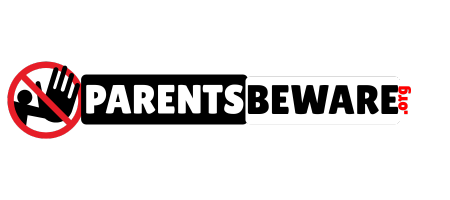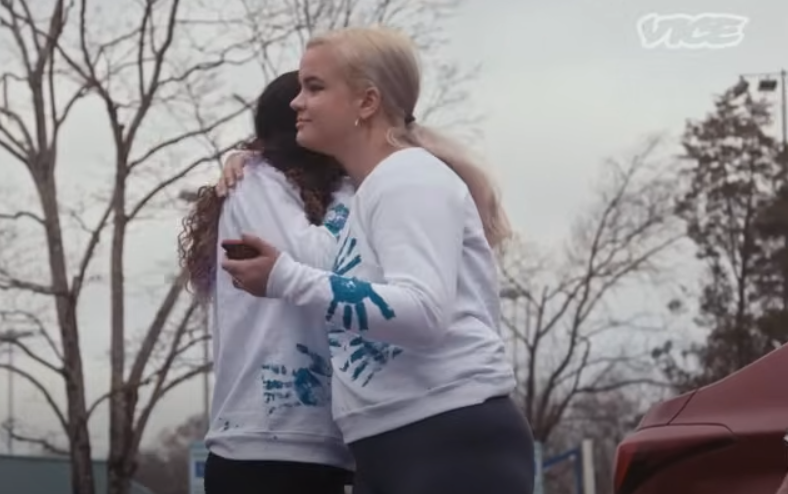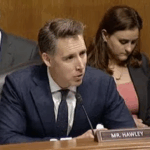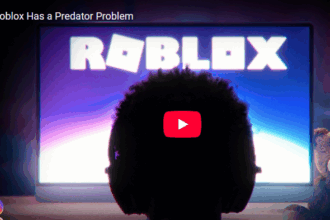Jun 18, 2022 #VICENews Multiple women say they tried to report being sexually assaulted in or around their schools in Charlotte, North Carolina—only to face indifference, or even aggression, from officials. Now, current and former students are fighting for change.
The Cover-Up of Sexual Assault in Charlotte-Mecklenburg Schools
A disturbing investigation reveals that the Charlotte-Mecklenburg School (CMS) district in North Carolina has allegedly been suppressing reports of sexual assault among students and retaliating against those who come forward. Current and former students accuse the district of a widespread cover-up that spans years and involves multiple schools. Two of the most prominent accusers, Nikki Wimwell and Serena Evans, have shared their harrowing stories and are fighting for accountability.
Stories of Indifference and Retaliation
Nikki Wimwell, a former student at Myers Park High School, says she was raped by a classmate in 2014. When she reported the assault to a school resource officer, he allegedly dismissed it, claiming it wasn’t rape because she and the perpetrator had a previous relationship. The principal, Mark Bosco, then allegedly threatened to suspend her for having sex on campus if she pursued an investigation and the student was found innocent.
Serena Evans has a similar story. In 2016, she was 15 when she says a classmate raped her in a school bathroom. When she and her mother tried to report it, an assistant principal, Tyson Jeffers, allegedly threatened to suspend her, telling her that being in the boys’ bathroom was a violation of school rules. She says that this response was re-traumatizing as it echoed the same threats and blame she experienced from her rapist.
Both Wimwell and Evans say their perpetrators faced no consequences and were allowed to continue attending school and participate in extracurricular activities. Evans, who was a passionate tennis player, says the assault and the school’s subsequent indifference essentially took her love for the sport away from her.
A History of District Inaction
The allegations are not isolated incidents. Students from at least four CMS schools have come forward with similar accounts of assault and harassment. An anonymous student says she reported a rape to the same school resource officer as Wimwell, only to be told there was nothing he could do.
In response to the mounting public pressure, CMS assembled a task force to reform how schools handle sexual assault. The task force issued recommendations, but it is unclear what, if anything, the district has done to implement them.
Instead of facing consequences, officials accused of covering up the misconduct have been reassigned to other roles within the district, some with six-figure salaries. Principal Mark Bosco, for example, was suspended after Wimwell and Evans came forward, but was later reassigned to a new administrative position.
The Legal and Emotional Aftermath
Wimwell and Evans have both filed lawsuits against CMS. Wimwell settled her case in 2021, but no one admitted guilt. Evans, however, is refusing to settle, determined to take her case to trial.
These lawsuits raise significant questions about the district’s adherence to Title IX, a federal law that prohibits sex-based discrimination in education and requires schools to support students who allege sexual misconduct. An expert from the Department of Education’s Office of Civil Rights states that CMS should be investigated for violating Title IX, as punishing survivors sends a message that the district tolerates sexual harassment.
The emotional toll on the survivors is immense. Wimwell and Evans both describe the re-traumatization and mental health struggles caused not only by the assaults but by the school’s response. Evans says the way CMS treated her “sometimes feels worse than the rape itself.” She, and other survivors, have had panic attacks and are in various forms of therapy to cope.
Confronting the School Board
In a final attempt to seek justice, Wimwell and Evans, along with other survivors and supporters, attended a CMS school board meeting to share their stories. Despite their powerful testimonials, they were met with procedural roadblocks and a lack of accountability from school board members, who claimed that holding staff accountable was not their job.
The district’s response, or lack thereof, highlights a disturbing pattern of protecting reputation over students. The survivors’ fight continues, with their ultimate goal now to prompt a federal Department of Education investigation into CMS. Their stories expose an “ugly truth” about how society, and school systems in particular, often enable and perpetuate rape culture, making it difficult for survivors to find justice and healing.












